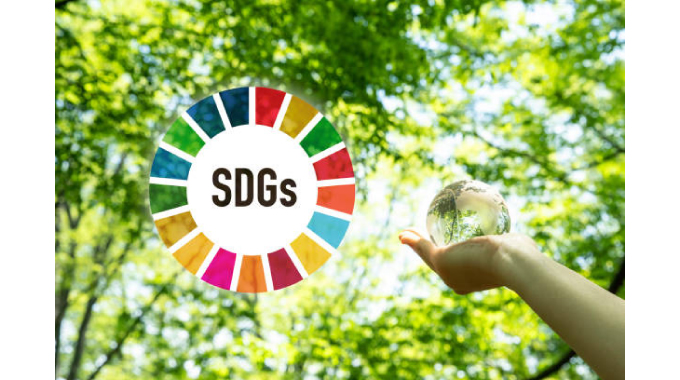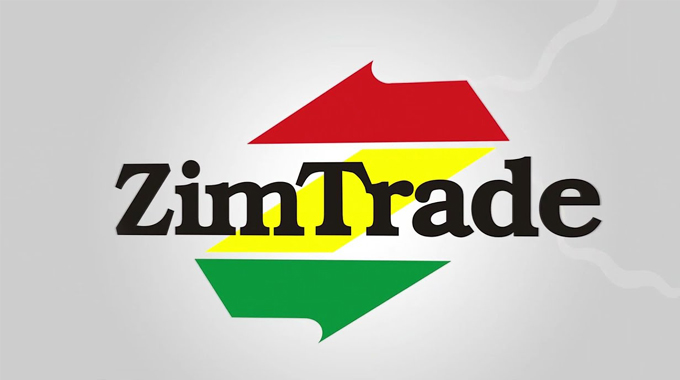Zimbabwe Economic Development Conference 2nd edition opens today

Nqobile Bhebhe, [email protected]
PRESIDENT Mnangagwa will today officially open the second edition of the two-day Zimbabwe Economic Development Conference (ZEDCON) in Victoria Falls.
The outcome of the event is set to contribute to the formulation of the 2024 National Budget, reviewing the National Development Strategy 1 (NDS1), and reinforcing and re-shaping Zimbabwe’s growth trajectory going forward.
The Ministry of Finance, Economic Development and Investment Promotion is hosting the event, which seeks to promote policy dialogue in order to realise the aspirations of Vision 2030, Africa Agenda 2063, and Sustainable Development Goals (SDGs).
Running under the theme ‘‘Public and Private Resource Mobilisation for Sustainable Development’’, the conference would be an opportunity to deeply reflect on financial systems and interventions relevant to reinstating the country’s economy on a sustainable growth trajectory.
Further, the event reflects that it is important to explore the overarching financial dimension of development that is fundamental to address all the other socio-economic challenges to enable the country to realise the aspirations of Vision 2030 as well as other regional and international obligations, the Africa Agenda 2063 and the Sustainable Development Goals (SDGs).

Sustainable Development Goals (SDGs)
According to the concept note for the conference, ZEDCON aims to bring together policymakers, industry representatives, civil society organisations, researchers, academia, and other stakeholders to discuss and deliberate new ideas and changes that have taken place in the local economy.
“The ZEDCON 2023 will be an opportunity to deepen the reflection on the policies, regulations, institutions, and the financial system needed to ensure effective implementation of domestic and external resource mobilisation efforts, to improve the regulatory responses for emerging and innovative sources of finance, including international financial markets, and digital financing,” reads the concept paper.
“It will also be a platform to converse on how the country can address the question of debt sustainability in financing its development and, therefore, how we can grow and develop sustainably out of the legacy debt currently burdening Zimbabwe.”
The conference will consist of presentations, discussions and plenary sessions from various presenters and panelists.
Also to come under the spotlight will be exchange rate targeting, inflation, interest rate on borrowings, and the role of fiscal policy in determining exchange rate adjustments and inflation.
“The President of the Republic of Zimbabwe, His Excellency Dr E D Mnangagwa will be the keynote speaker. At the end of the conference, policy recommendations will be made on reinforcing and shaping Zimbabwe’s growth trajectory,” reads the concept paper.
The outcome of ZEDCON 2023 will provide evidence-based policy advice that will contribute to the formulation of the 2024 National Budget and review of the NDS1.
The 2024 National Budget strategy projects revenue collections to be $30,7 trillion against expenditures of $33,1 trillion, resulting in a budget deficit of $2,3 trillion as the economy is poised for 5,3 percent growth this year, much higher than the original projection of 3,8 percent.
The 2024 National Budget strategy running under the theme “Consolidating Economic Transformation” seeks to scale up domestic resource mobilisation, deepen economic transformation and promote both domestic and foreign investment in support of programmes and projects that will deliver on the NDS1 priorities.
NDS1 is the Government’s economic blueprint running from 2021 to 2025 and is anchored on devolution, decentralisation, and prudent use of national resources for the benefit of all citizens.
It is the second step in the Second Republic’s thrust to attain an upper middle-income economy by 2030 and is a successor to the Transitional Stabilisation Programme.
This year marks the midpoint in the implementation of NDS1, the second of three successive Government national development plans aimed at achieving the country’s vision of an empowered and prosperous upper middle-income society by 2030.
The 2024 Budget Strategy Paper (BSP) has been formulated in accordance with the prescribed budget process calendar.
The Second Republic has presided over the implementation of meaningful and toughest fiscal consolidation measures and reforms thereby creating the foundations for durable macroeconomic stability and sustainable growth going forward.
Outlining the 2034 national budget strategy in August, Finance, Economic Development and Investment Promotion Minister, Professor Mthuli Ncube noted that through an infusion of various economic strategies, the country has managed to reverse declining growth trends before the NDS1 period, achieving growth rates of -7,8 percent, 8,5 percent, 6,5 percent for 2020, 2021 and 2022 respectively.
He said Government will continue to explore alternative financing options to complement budget resources in order to meet NDS1 requirements.

ZimTrade
Through the NDS1, the Government envisions economic growth and stability at a growth rate of five percent each year and the provision of key and transformative public infrastructure and improved service delivery.
The participants will include Government officials, representatives from local and international investors, the Zimbabwe National Chamber of Commerce, Zimbabwe Investment and Development Agency (Zida), bilateral and multilateral development institutions, academia and research institutions, equity firms, and banking institutions.
Others include representatives from pension funds, sovereign wealth funds, stock exchanges/ commodity exchanges, ZimTrade, and the Competition and Tariff Commission.
During the inaugural conference last year, topics tackled included the role of capital markets in the development of the country, retaining human capital for national development and fiscal incentives and economic sustainability of small and medium enterprises (SMEs), among others.










Comments